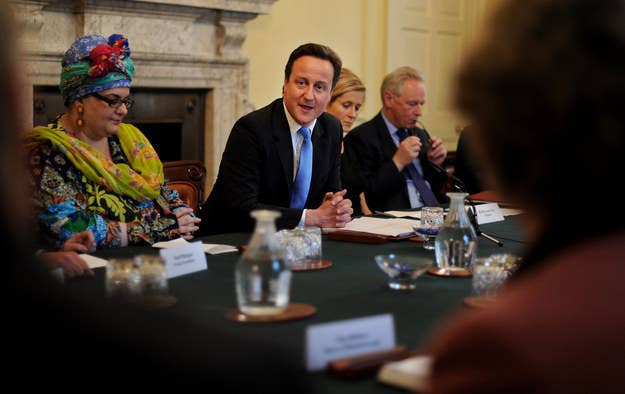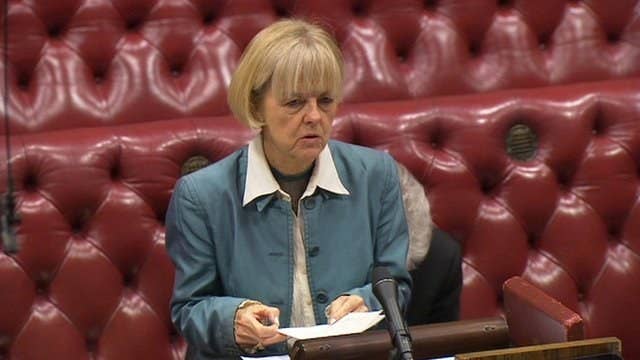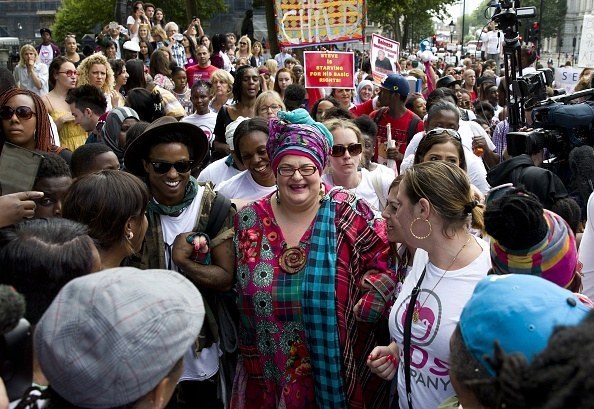
Two members of the House of Lords yesterday demanded the government investigate why the Charity Commission "did nothing" about the now-closed south London charity Kids Company.
There were also calls for an investigation into why government departments were funding the charity despite the fact it was "clearly inadequately managed".
Baroness Barker, a former charity worker and current spokesperson for the voluntary sector, told the House of Lords yesterday, "A cursory examination of the Kids Company annual reports, which are available on the Charity Commission website, shows that the organisation repeatedly ignored warnings that failure to put money into its reserves was putting the charity at risk."
She asked if this constituted a "significant failure on the part of the regulator, which had the information and did nothing," and went on to ask if it should be the subject of an inquiry in future, along with the government's financial support for an organisation that was "clearly inadequately managed".

As BBC Newsnight and BuzzFeed News revealed, the closure of the charity may have cost taxpayers as much as £1.2 million – a significant portion of a contentious £3 million grant that was paid to Kids Company at the end of July, just four working days before the charity collapsed.
The Charity Commission has said it is "conducting a live compliance case" into the charity. The complex case team of the Metropolitan police's sexual offences, exploitation, and child abuse command is also investigating allegations that potential crimes were not reported to the authorities.

Baroness Hayter told the debate that a wider review should be carried out by the National Audit Office: "We should look not just at the official receiver and the Charity Commission but also at the role of government ministers."
As BBC Newsnight and BuzzFeed News revealed, the decision to award the charity an extra £3 million – which only prolonged its life for a few more days – was made by Cabinet Office ministers against the advice of the department's most senior civil servant.
The debate also heard that the "lack of rotation" among trustees may have caused some of the charity's problems. Lord Tugendhat pointed out that Alan Yentob, the chair of the board, had been in situ for 18 years. He has been criticised for his role in the debacle and has denied that there was financial mismanagement at Kids Company.
Two weeks ago BBC Newsnight and BuzzFeed News obtained an email sent to the Cabinet Office and signed by Yentob in which there were warnings of a "high risk of arson attacks on government buildings" and the risk that communities in south London could "descend into savagery" if the charity were to close.
Update
The Public Administration and Constitutional Affairs Committee has announced it is launching an inquiry into the recent closure of the charity, and its relationship with the current government and with previous ones.
A press release from the House of Commons said:
This short inquiry will focus on the following key areas:
• The extent of the Government’s relationship with Kids Company, including the appropriateness of the level of Government funding distributed to the charity.
• The competitiveness of the process by which Government financial support was given to Kids Company and whether the charity benefitted from an unfair advantages in the level of Government support it attracted.
• The advice given by Civil Servants to Government ministers on continued financial support for Kids Company, including the audit undertaken by the Cabinet Office and the Permanent Secretary’s request for ‘ministerial direction’.
• The seriousness with which ministers regarded Civil Service advice on its continued support for Kids Company.
• The financial management of Kids Company, in particular its failure, despite repeated concerns, to build up sufficient reserves.
• The oversight role of the Charity Commission.

